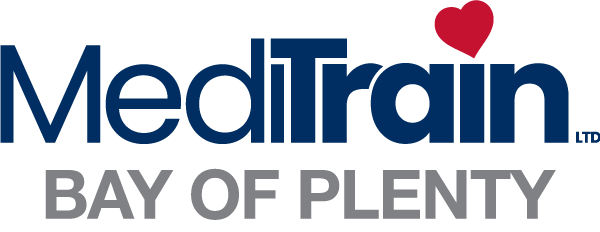Knowing first aid is essential. More people would still be alive if we all knew a few emergency treatment techniques. Most of the time giving first aid is about dealing with minor injuries and preventing them from getting worse. But it can also mean trying to keep someone alive until professional help arrives.
How well prepared would you be to deal with a serious accident? How would you respond in a medical emergency? The best thing about a first aid training course like those offered by MediTrain is that it gives you the resources to take action and be better prepared.
Some workplaces have greater risks of injury and illness because of the sort of industry they're in, the machinery or chemicals they use, the work they do, and how far they are from help.
Workplaces in rural communities, in forestry or on farms for example can be isolated, meaning emergency assistance can be some distance and time away. Federated Farmers Southland provincial president Russell MacPherson said it was ''absolutely important'' people in the workplace had basic first aid training, especially in rural areas. First aid knowledge made people valuable community members and put them into a position to save lives, he said.
In an emergency it is important to be calm and confident to ensure your colleague gets the best possible care during the 'golden hour' after an accident or injury. Your quick appropriate action could have a huge impact on the outcome of any emergency situation and be the difference between life or death.
But with any luck, once you've trained in it, first aid will be the last thing you actually need to use.

